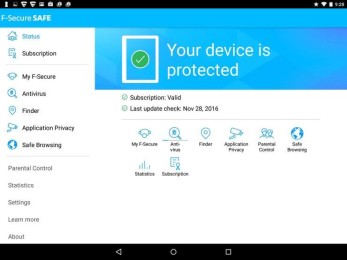 Security player Rapid7 has acquired network traffic visibility and analytics player NetFort.The firm has developed its own cloud platform that provides a range of networking visibility and analytics tools and security features and wants NetFort expertise to add to that.The company said that the mix would improving its ability to detect attacks, investigate incidents and gain increased visibility into areas of risk.
Security player Rapid7 has acquired network traffic visibility and analytics player NetFort.The firm has developed its own cloud platform that provides a range of networking visibility and analytics tools and security features and wants NetFort expertise to add to that.The company said that the mix would improving its ability to detect attacks, investigate incidents and gain increased visibility into areas of risk.
Rapid7 has been working on a product which gives users the chance to look at the threats, risks and performance of a data network through a single platform.
Lee Weiner, chief product officer at Rapid7 said that “NetFort’s technology and the deep network protocol expertise inherent across the team was impressive.
“By bringing NetFort’s network data and analytics to our own platform, we enhance security analysts’ capability to unearth risk, detect attacks, and investigate incidents more effectively,” he added.
Rapid7 indicated that the deal would not have a material impact on its annualised revenue growth, revenue and non-GAAP operating and net income for this year.
John Brosnan, chief executive officer at NetFort, which has been in business since 2002, based in Ireland, said that becoming part of a larger organisation was a result of the hard work the staff and management had done running the firm.
“Rapid7 will help us apply our network data insights across their cloud-based platform to improve the security posture of our customers,” he said.


















